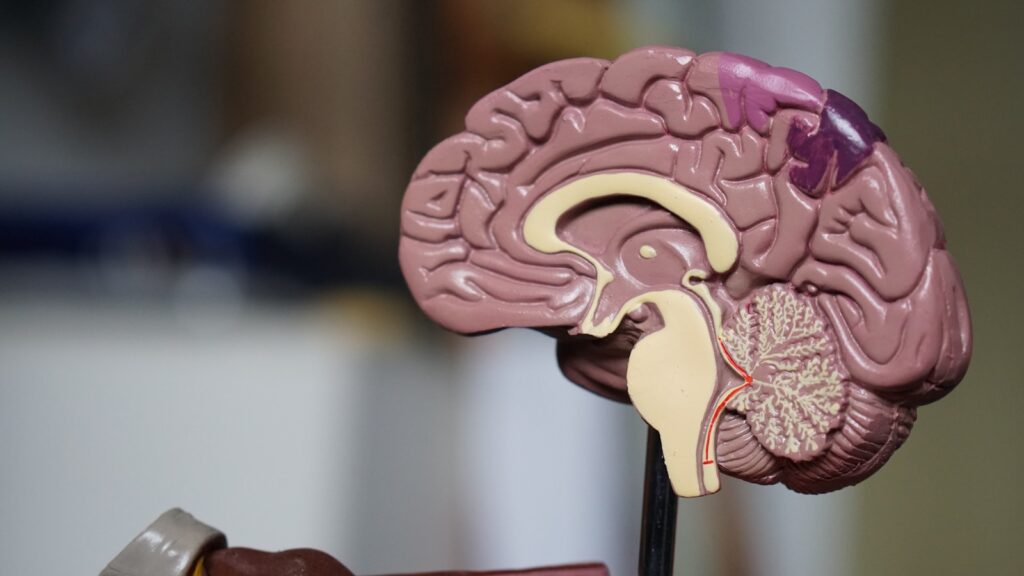
Welcome. Understanding our health is complicated. Many things affect our weight. They also shape our well-being. Simple answers are often wrong. Our health journey mixes lifestyle, surroundings, and biology. Let us see what recent data shows. It spans childhood to how bodies react.
Childhood obesity rates increased a lot. It tripled in the United States since 1980. This is a big public health issue. It has many effects later. No single cause exists, say researchers. Studies consistently show many factors combine. Scientists investigate these reasons still.
Physical activity stands out for health and weight. A lifestyle without much movement affects us deeply. Studies show it adds to obesity. This happens for people of all ages. Are we moving enough daily? Evidence suggests many people are not. This lack of movement affect health greatly.

Look at habits teens form. One study show a clear link. Screen time was tied to higher weight risk. Teens using screens over two hours daily were affected. They were 1.8 times more likely overweight or obese. This is quite a jump. Too much screen time is a factor. Especially two-plus hours watching TV daily. It even raises heart disease risk later.
Watching more television may link to poor food choices too, researchers suggest. We might snack on easy, less healthy things. Ads for food and drink could influence us. This is a double problem. Less activity combines with potentially bad eating.
Schools cut physical education programs. Time for activity during the school day lessened also. This helped obesity rise in young people. Structured activity in routine is vital. Lower fitness levels increase heart disease risk too. Regular movement is crucial for heart health.
What we eat and drink matters much. Unhealthy eating patterns, especially calorie-dense foods, link strongly to more weight. Poor nutrition choices are a big part. Many studies investigate diet and obesity. Findings consistently point to certain habits. Some habits are very concerning.

Sugary drinks get lots of attention from researchers. For good reason, too. Research overwhelmingly show an association. These drinks link to obesity. This is true for kids and adults. It is a powerful link hard to ignore. Good news is changing drinks helps. Replacing sugary ones with zero-calorie choices works. It reduces weight gain and fat for children. This simple swap makes a difference.
Knowing what sugary drinks means is key. It includes many common drinks. Soft drinks like soda are clear examples. But also fruit and juice drinks. Like lemonade, fruit punch, and sweetened powders. Flavored waters, sports drinks, and energy drinks count. Sweetened coffee and tea drinks are included. Recognizing them helps us make better choices.
Drinking sugary beverages deem so hazardous. Especially for children’s health. Some cities take significant steps. They add taxes or warning labels. This shows how serious they are. Reducing or stopping these drinks helps health greatly.

Our genes also play a role in obesity. Genetic factors contribute to it. Scientists actively research these influences. This field is always changing. We learn more about the human genome. A gene called FTO may link to binge eating. And to obesity in adolescents, researchers discover. Genes are not the only decider. But they are part of the picture.
Environment affects our health choices. Several factors in our surroundings link to weight gain. It is easy to see these daily influences. We get messages constantly. Ads on TV and social media promote unhealthy food. Sweet drinks and bad eating habits show up a lot. We are bombarded with enticing ads. They make healthy choices harder.
Where we eat is also important. A big part of food money is spent outside home. Maybe forty to fifty percent. This means restaurants, cafeterias, and events. These places often give larger amounts. More than we eat at home sometimes. This adds excess calories easily. The amount of food available is a challenge.

Money and background also play a part. Children from lower-income homes face higher obesity risk. Families struggling financially often pick convenient food. It is cheaper and easier to get. But these foods are high in calories. They have more fat and sugar. Less than fresh meals made at home. Also, poorer children cannot always afford sports. Or other activities needing physical movement. This leads to less active lives. CDC data highlights this trend sharply. Over one-third of young people eat fast food daily. This matches more eating away from home.
Not enough sleep may link to weight gain. Studies show a clear connection here. Children sleeping less than advised are more likely overweight. Risk rises as sleep time shortens. This is a big factor getting notice. A review of seventeen studies found this. Kids sleeping less had a 58% higher risk. Risk of being overweight or obese. This statistic stresses sleep importance. It is vital for children’s health.
How much sleep is enough? The American Academy of Sleep Medicine gives clear advice. It is endorsed by Pediatrics too. Ages 4-12 months need 12-16 hours. This counts naps. Kids 1-2 years need 11-14 hours with naps. Ages 3-5 need 10-13 hours including naps. Older kids 6-12 should get 9-12 hours. Teens 13-18 need 8-10 hours. Researchers still learn how less sleep causes weight gain. Two ideas are more eating because tired. Or being less active from fatigue. Sleep is key like diet and exercise.
Personal stress may also raise weight gain risk. We think stress impacts our mind. But it affects the body too. One study looked at school stress. It affected weight in kids aged 10 to 12. Findings were telling. Twenty-seven percent were overweight or obese. More than 80% of these kids reported stress. They had medium or high stress levels. This suggests a strong link. Stress levels connect to weight status in this age group.
Stress adds to weight through hormones and behavior changes. When stressed, bodies release extra hormones. Like cortisol, insulin, and ghrelin. High levels can make you feel more hungry. They might trigger cravings. Cravings for fatty and sugary foods. This hormone response combines with behavior changes. Like stress eating or less motivation for activity. It creates a hard cycle. One that leads to gaining weight. Knowing this link is vital. It helps manage both stress and weight.
Mental health problems also link deeply to obesity. Research shows this goes both ways. Studies indicate depressed people are more likely obese. And obese people more likely feel depressed. It is complex two-way street. Each condition make the other worse. Addressing mental well-being is important. It is part of overall health.
In childhood, researchers find a link. Adverse experiences tie to health later on. Kids having ACEs have higher rates. Overweight, obesity, and depression are more common. This research shows early life matters. Mental health challenges have lasting physical effects. Including on weight.
Related posts:
Childhood Obesity Causes and Treatments
Weight loss: How intense exercise may backfire, leading to weight gain
Low Vitamin D Symptoms and Deficiency: What To Know





